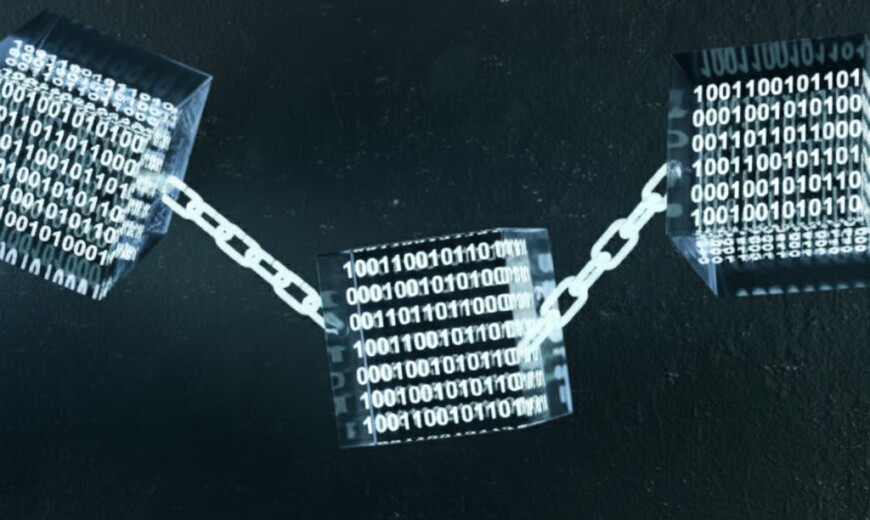Espionage has existed for centuries. In the 5th century BC, Sun Tzu, a Chinese general, dedicated in his book “The Art of War” an entire chapter to spy-craft and intelligence collection.
What has changed since then is technology. What remains is that states and companies have secrets that others want to get their hands on.
Amid today’s fraught geopolitics, cyber has become an issue of national security. Critical technologies that underpin today’s infrastructure provide conduits to impact a country’s national security, economic progress, and societal values.
With confidential data stored in the cloud, and digital tools essential for much of our critical infrastructure, cybersecurity is pivotal for protecting our digital world and our society.
The author of this article - an expert from Singapore’s cyber security agency - argues that countries have a collective responsibility to safeguard the future of cyberspace, and a rules-based system to protect the digital commons is urgently needed. Since cybersecurity threats are borderless, only global collaboration between states can build a secure and interoperable digital realm.
Singapore has always relied on a rule-based, multilateral system in every domain for trade (air, sea, land). A similar system should apply to the domain of cyber.
Together with the United Nations Office of Disarmament Affairs, Singapore jointly announced the development of a Norms Implementation Checklist. It outlines steps that countries should take to implement the 11 voluntary and non-binding norms of responsible State behaviour in cyberspace.
The acceptance of these norms by other countries is yet to be determined.






